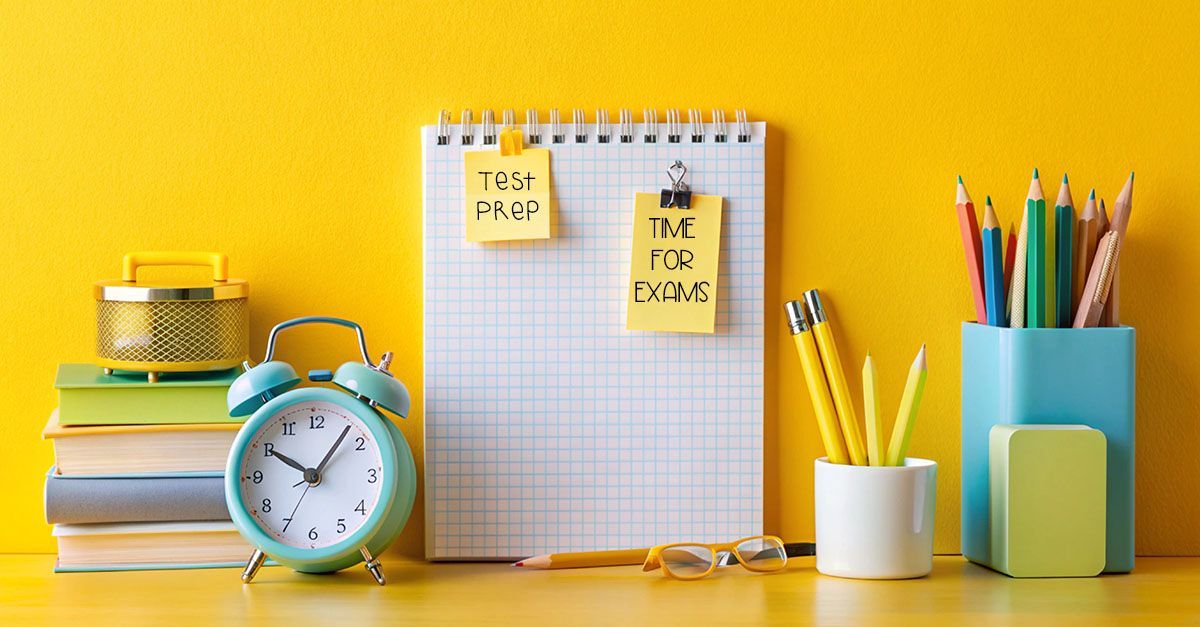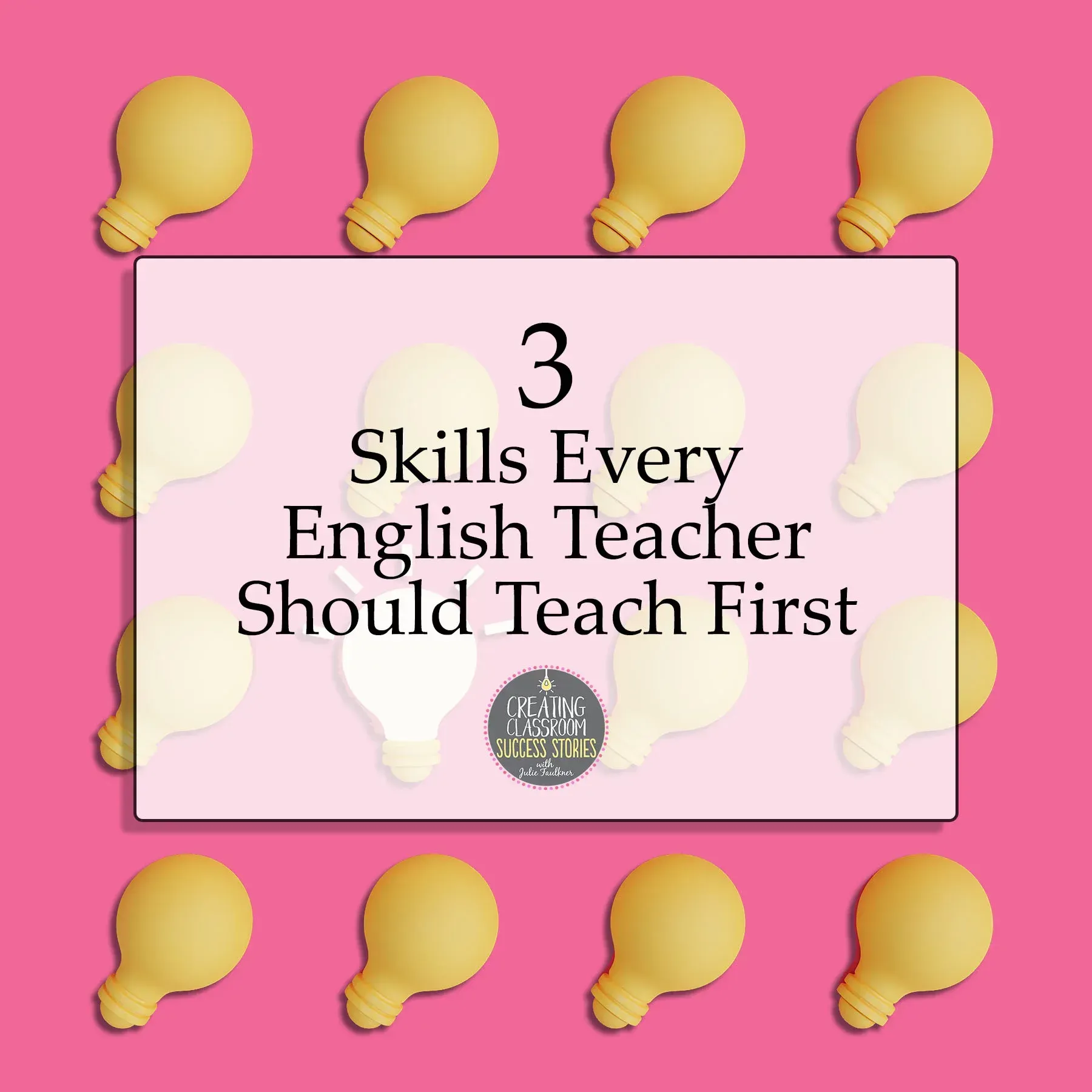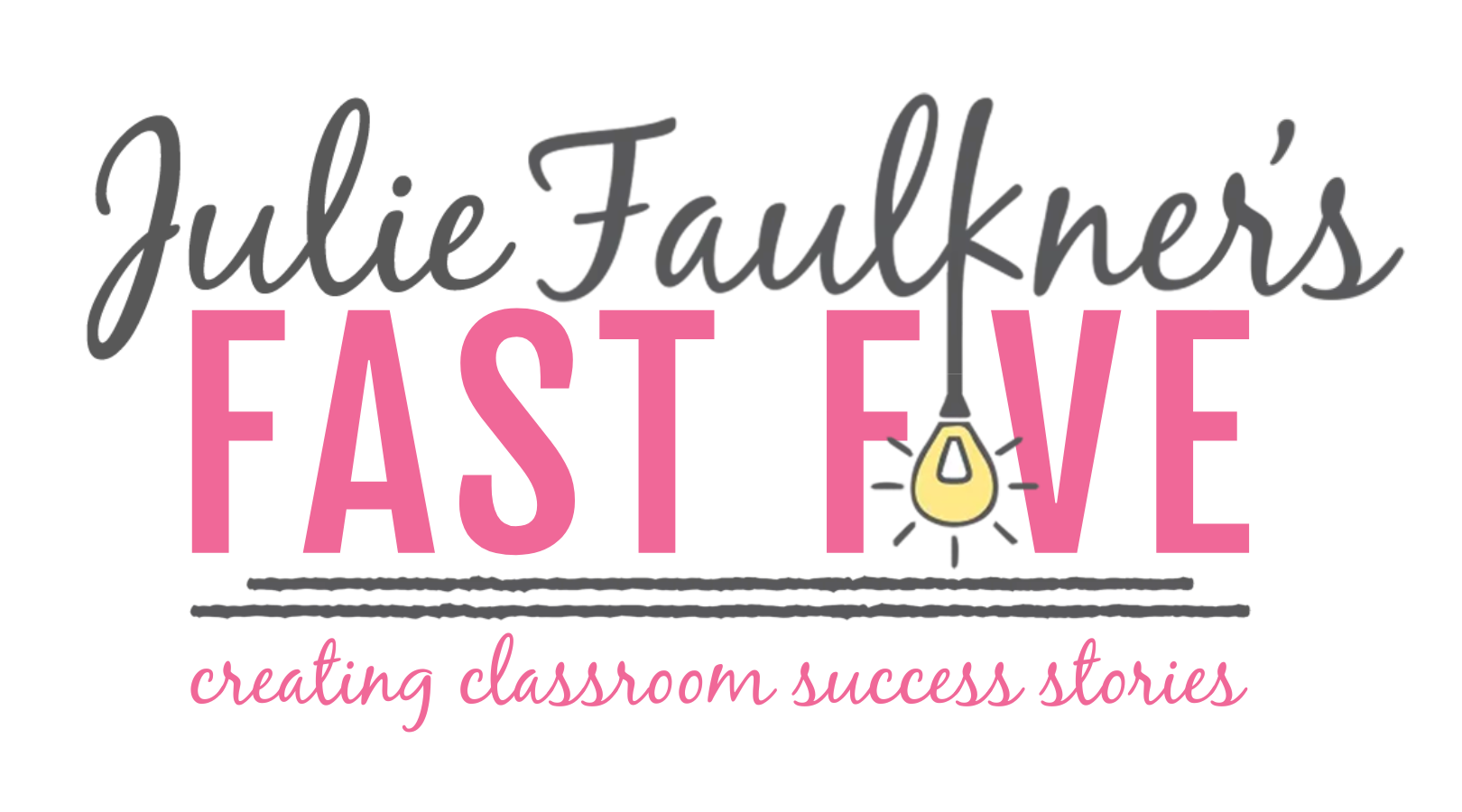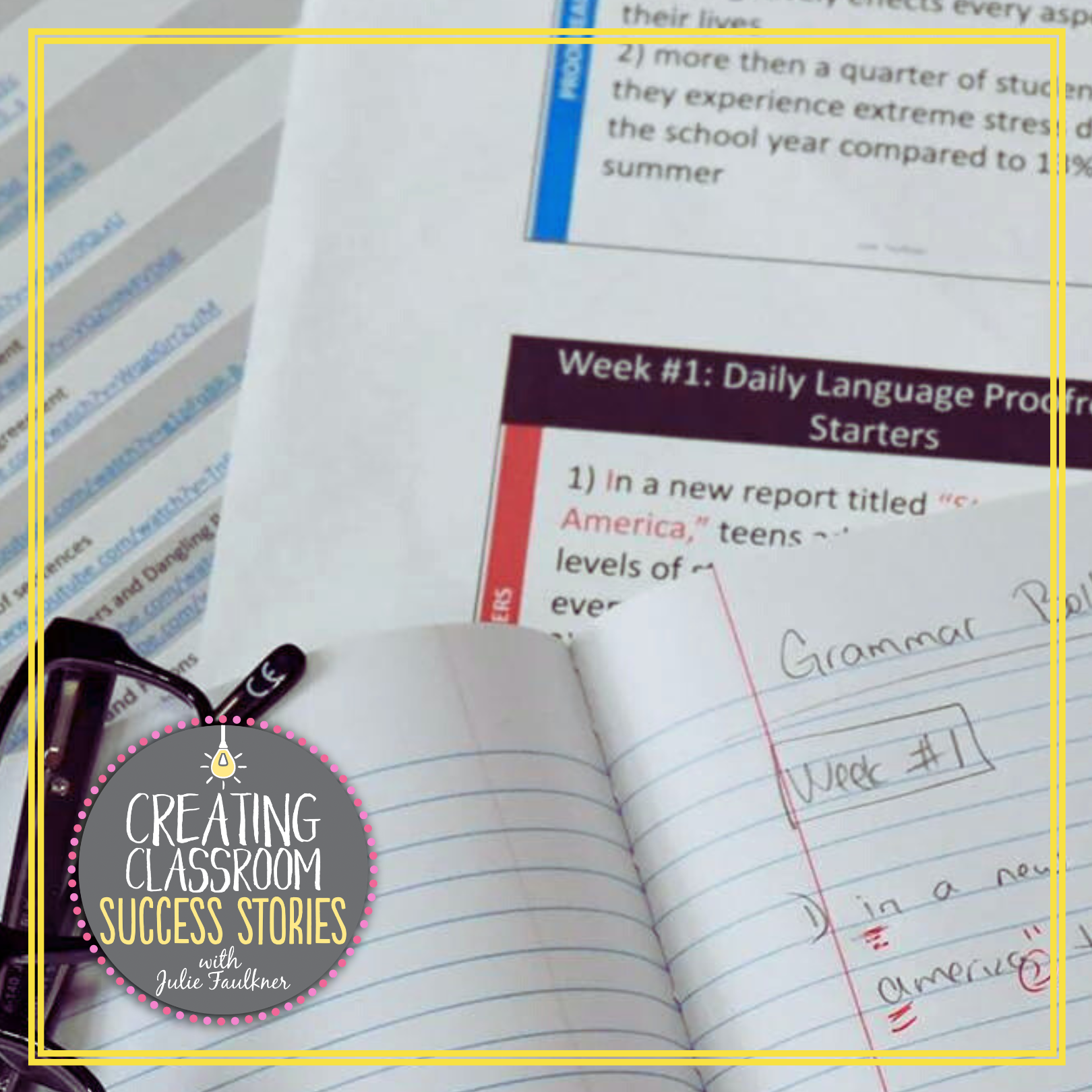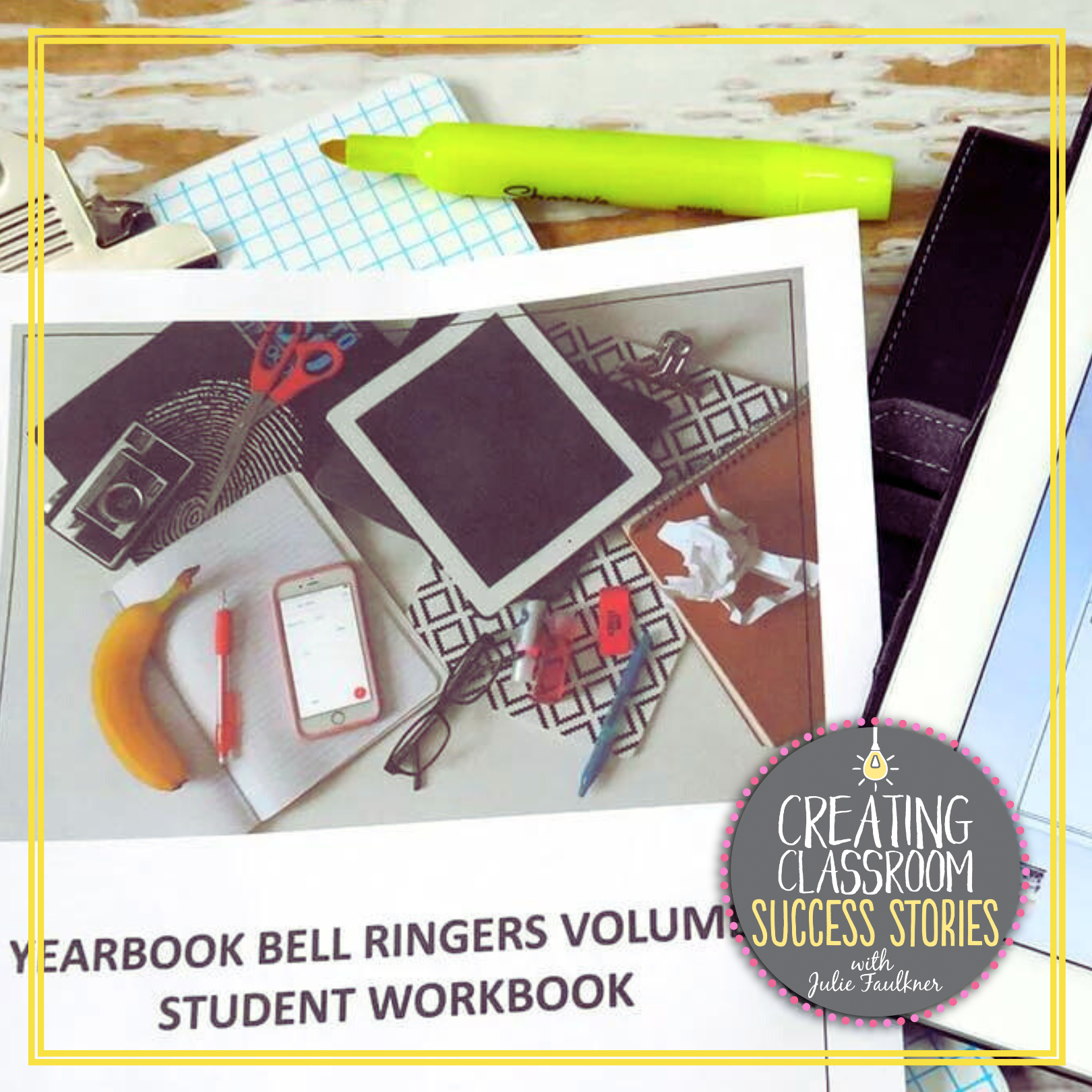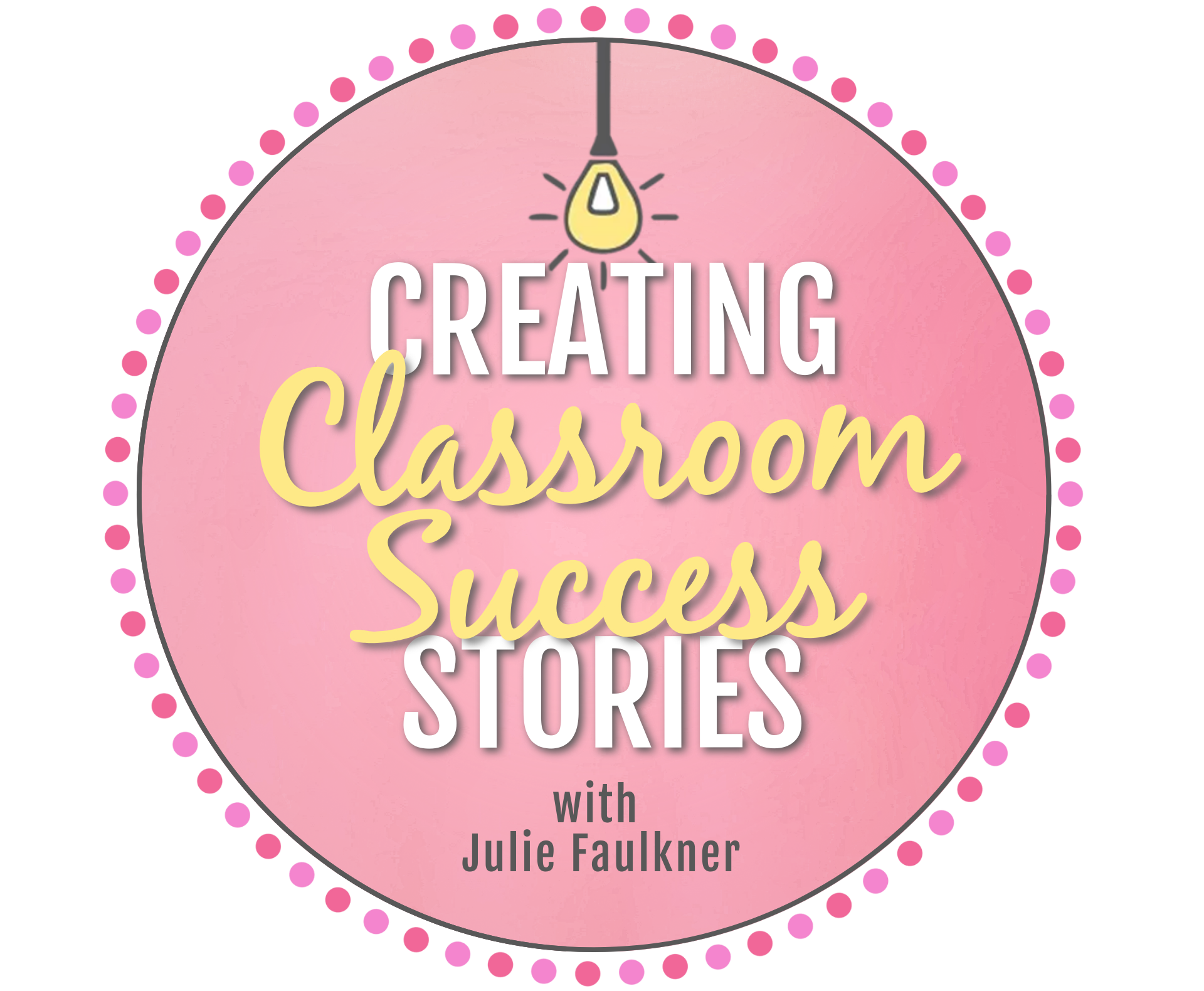Insights from a Student
Teacher of High School English
It’s a unique situation for both parties of a student-teaching experience: on the one hand from the point of view of the student teacher, you are entering someone else’s classroom and you may be teaching solo for the first time, and on the other hand, you may be the classroom teacher who is welcoming someone else into your classroom to take the lead. To say the least, this is a tricky space to navigate. That’s why I thought it would be interesting to speak directly to a student teacher – to hear her thoughts and experiences. Whether you are a cooperating/mentoring teacher of a student teacher or you are a student teacher heading into the classroom, this interview with a student teacher of high school English (Miss M), who just completed her placement, is very enlightening.
Meet Miss M.
1. DESCRIBE YOUR PLACEMENT(S).
"My placement is an urban, Title I school with a large percentage of English Language Learners. "
2. HOW PREPARED DID YOU FEEL FROM YOUR COLLEGE’S PREP COURSES FOR TEACHING THE CONTENT AND STUDENTS?
"Content: I felt prepared for the content because I added a non-required minor within my content area. However, I felt extremely unprepared for how to teach the content. Honestly, we did not have a class that specifically taught us content-specific teaching practices.
Students: I felt prepared for dealing with behavior issues and reinforcing positive behavior. Our education program did a great job at focusing on the importance of building and sustaining relationships among students."
3. DID YOU RECEIVE ANY PROFESSIONAL DEVELOPMENT OR TRAINING FROM THE SCHOOL SYSTEM YOU WERE PLACED IN? IF SO, DESCRIBE THAT TRAINING AND EXPLAIN HOW IT COMPARED OR DIFFERED FROM YOUR COLLEGE COURSE.
"I did, but they were all SO bad & I cannot recall a single thing. ☺"
4. WHAT DID YOU LEARN FROM YOUR STUDENT TEACHING EXPERIENCE?
"Oh gosh, I feel like I learn something every day in my placement. Queue the bullet points!
- Finding your teacher-voice can be so difficult when you are starting out!
- Students need grace just as much as we do in the classroom.
- Maintaining a balance between enthusiasm and seriousness is crucial to the classroom environment.
- TEACHING IS A PERFORMANCE—this was a really difficult thing for me to grasp, and honestly, I still struggle with it.
- Expect the unexpected—from the students, admin, district, and co-workers. "
5. WHAT WILL YOU DO DIFFERENTLY AND KEEP THE SAME WHEN YOU ARE HIRED FOR YOUR OWN CLASSROOM?
"Keep: Rare usage of chrome books and work primarily on paper using a binder system! I also love the routineness of the classroom procedures and organization; students rarely question what materials they need or where things are.
Different: I would prefer a different classroom layout, especially the desk arrangement since these students are juniors.
I actually love my class currently and I will probably model my own class this way for a few years!"
6. HOW DID YOU NAVIGATE CLASSROOM MANAGEMENT IN SOMEONE ELSE’S CLASSROOM?
"Early on in my placement, we set very clear boundaries for the situations we would each handle if they arose in the classroom. My cooperating teacher dealt with more severe behavioral/management issues, and I dealt with smaller issues. However, as we have progressed throughout the placement, I have gradually taken over/learned how to deal with more severe issues."
7. HOW WERE YOU ABLE TO GET TO KNOW YOUR STUDENTS IN THE SHORT TIME OF YOUR PLACEMENT?
"I learned their names first, then I began to ask them simple questions like:
- What’s your favorite sport/ artist/ movie/ Netflix show/ etc. ?
- How do you feel about this class or another class? What would you change?
- Is there anything I can help you with to make today’s expectations realistic?
I feel like those questions, specifically, have prompted some of the best conversations with my students."
8. DID THIS EXPERIENCE MEET YOUR EXPECTATIONS OR DIFFER FROM WHAT YOU EXPECTED TEACHING TO BE LIKE?
"This experience has surpassed most expectations I had. Before student teaching, I did not realize the performance side of teaching. I struggled with this because it made me feel less genuine and I felt like a fraud. However, I’ve learned how to blend my performance with my personality, and I am much more confident in my abilities to teach. In my school, there is a high level of team communication that I had never experienced before. I did not expect to be as invested in my students as I am, and I know I need to learn to only focus on what I can control."
9. HOW DID YOU MANAGE YOUR TIME AND WORKLOAD WITH COLLEGE CLASSES/EDTPA, JOB, RESPONSIBILITIES AT THE SCHOOL, AND STUDENT TEACHING?
"I manage my time by utilizing the calendar on my phone that is synced with my computer. I create a separate calendar for separate things (each class, work, appts., to-do list, sorority) and I create collaborative calendars with important people in my life. A life hack of mine is putting to-do list items as an “all day” event within my calendar, so my calendar and schedule are all in one spot. Obviously, all of these calendars are color-coded, so I can see at a quick glance what is taking up the most time for the day."
10. SHARE A CLASSROOM SUCCESS STORY.
"I’m not sure if this is a “success story,” but I had a super gratifying moment one day. I have a student who is slightly visually impaired, and I frequently allow this student to hold the iPad that mirrors what is on our smart screen so the student can read the material more easily. Honestly, it’s so routine I don’t even think about it. However, the other day this student stopped me and said, “Miss, I love coming to this class because you always make sure I can see what’s on the board and you read it out loud a lot. It makes me want to finish my work” I was stunned. This student, who doesn’t work great in every class, works in mine because I take an extra 45 seconds a day to make sure he can see. I felt gratified in being aware of the small things that have a big impact, and it made me feel confident that I can mitigate the small struggles for my students. "
ARE YOU AN ENGLISH TEACHER OR ABOUT TO BE A STUDENT TEACHER?
CHECK OUT THESE TIPS ON WHAT YOU SHOULD TEACH FIRST!
Love this content?
Sign up for my email newsletter with more tips, ideas, success stories, and freebies!


